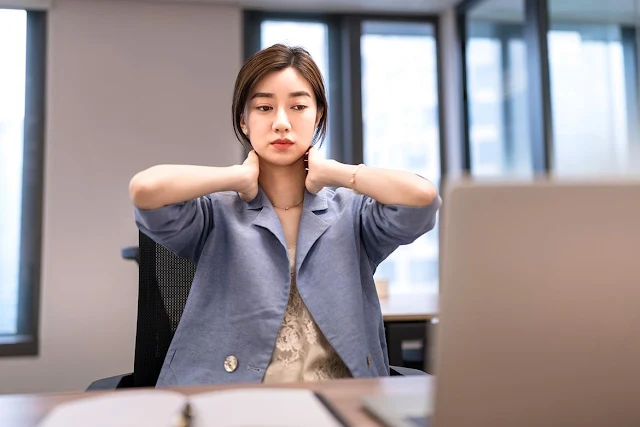Physical Changes That May Surprise Women in Their 30s
A new survey conducted by The Ohio State University shows that early symptoms of menopause appear when many women least expect them to.
The survey revealed that many women have a misconception about when menopause begins, with 3 in 5 believing symptoms appear in their 40s.
Sudden Physical Changes
According to HealthDay, most women begin menopause in their 50s, while some experience symptoms in their 30s.
The researchers said that hot flashes, mood swings, weight gain, and insomnia are all symptoms of hormonal changes associated with menopause.
Onset of Symptoms
According to the survey of 1,068 women, 61% of women (3 in 5) believe they will reach menopause and begin experiencing these symptoms in their 40s.
But this isn't true, say doctors.
In fact, most women don't start experiencing menopause until their early 50s, while some begin experiencing symptoms in their 30s.
Perimenopause
"Perimenopause is when your menstrual cycle begins to change and is persistent," said Dr. Lauren Baker, an obstetrician-gynecologist at The Ohio State University Wexner Hospital.
"The official definition is that your menstrual cycle fluctuates by at least seven days for at least 10 months," she added.
"Women shouldn't ignore symptoms just because they think they're too young for menopause. Menopause varies from woman to woman, so it's important to consult a doctor about any changes or concerns," Baker added.
On the other hand, half of the women surveyed (52%) believe that diet and exercise can help with menopause symptoms—and that's certainly true, experts say.
"A diet rich in calcium and vitamin D is very important for bone health," Baker added.
Fiber and protein are also beneficial from a weight management perspective. It's also important to ensure you're eating whole foods, including plenty of fruits and vegetables.
Mental Health Concerns
The survey also found that one in three women are concerned about the long-term health effects of menopause, including physical symptoms (25%) and mental health issues (18%).
The results showed that younger women were more likely to cite mental health as their biggest menopause-related concern, with nearly 25% of those aged 18 to 29 citing mental health as their biggest concern, compared to 10% of those aged 65 and older.
"Workplace problems, negative impacts on quality of life, and negative health events are all linked to menopause as well," Baker said. "There are effective treatments and ways to feel better, not just to survive, but to thrive."






